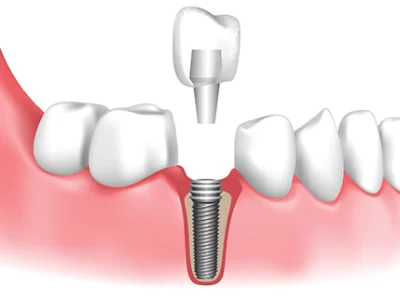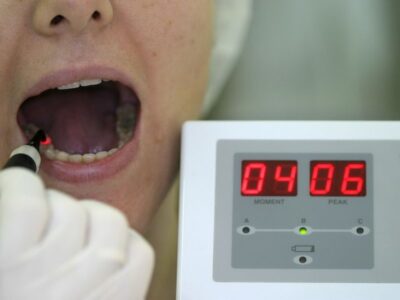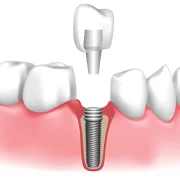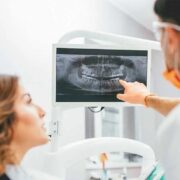
If you have been feeling any sort of discomfort that you may believe to be related to your gastrointestinal tract, it may be time to visit a doctor who can diagnose and treat a wide range of illnesses related to the gastrointestinal tract. There could be a variety of reasons for the discomfort that you are feeling, but you won’t know until you visit a doctor. Whether your condition is the result of lifestyle choices, the environment, or a congenital defect, a gastrointestinal and liver specialist will perform a full diagnosis and recommend a treatment plan that offers you the best chance of recovery.
Diagnostic Procedures Used to Diagnose a Patient
There are a variety of different procedures used where doctors are able to diagnose their patient’s conditions. A gastroscopy, for example, is a procedure that is used by doctors to examine the esophagus, stomach, and duodenum. It involves using a thin tube with a camera attached to it. This procedure allows doctors to look for any abnormalities that may be the cause of symptoms such as bloody stool and upper abdominal pain.
A colonoscopy is often confused for a gastroscopy because the procedures are similar. However, during a colonoscopy, the large intestine and the rectum are examined instead.
An endoscopic retrograde cholangiopancreatography (ERCP) is another procedure used that is a combination of an endoscopy and an X-ray. This procedure is used to determine the cause of symptoms such as tenderness in the right hypochondrium or pain that is present in the right hypochondrium.
What Type of Treatment Is Best for Gastrointestinal Conditions?
If you have been diagnosed with a gastrointestinal condition, your first question will probably be related to what type of treatment you can get and how soon. Although the type of treatment that you receive all depends on your condition, some of the most common forms include chemotherapy, percutaneous endoscopic gastrostomy tube placement, a fibroscan, ultrasound, and more.
If you are having any discomfort in your gastrointestinal tract, be sure to visit a medical professional right away. Your doctor will be able to offer a wide range of specialised treatment options for gastrointestinal and liver conditions, which can be discussed with your doctor after a diagnosis has been completed. If you have any questions regarding your diagnosis or treatment options, simply speak to one of the hospital team members for more information.











